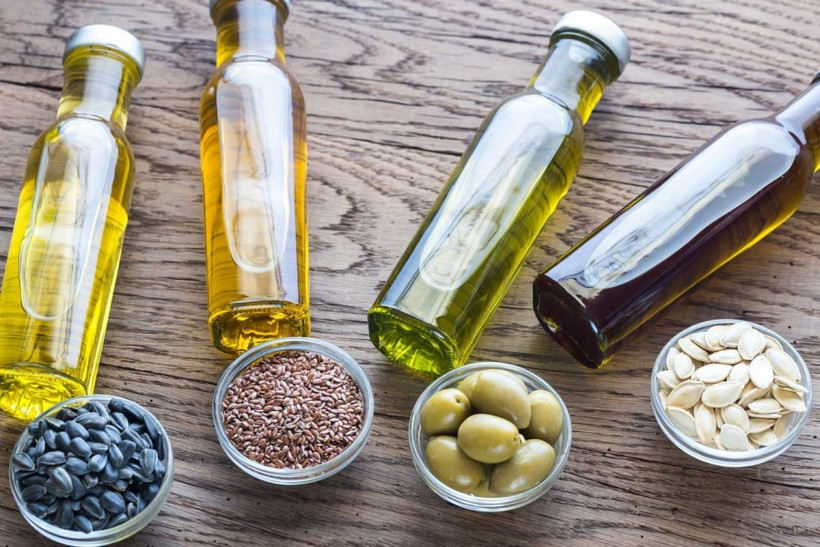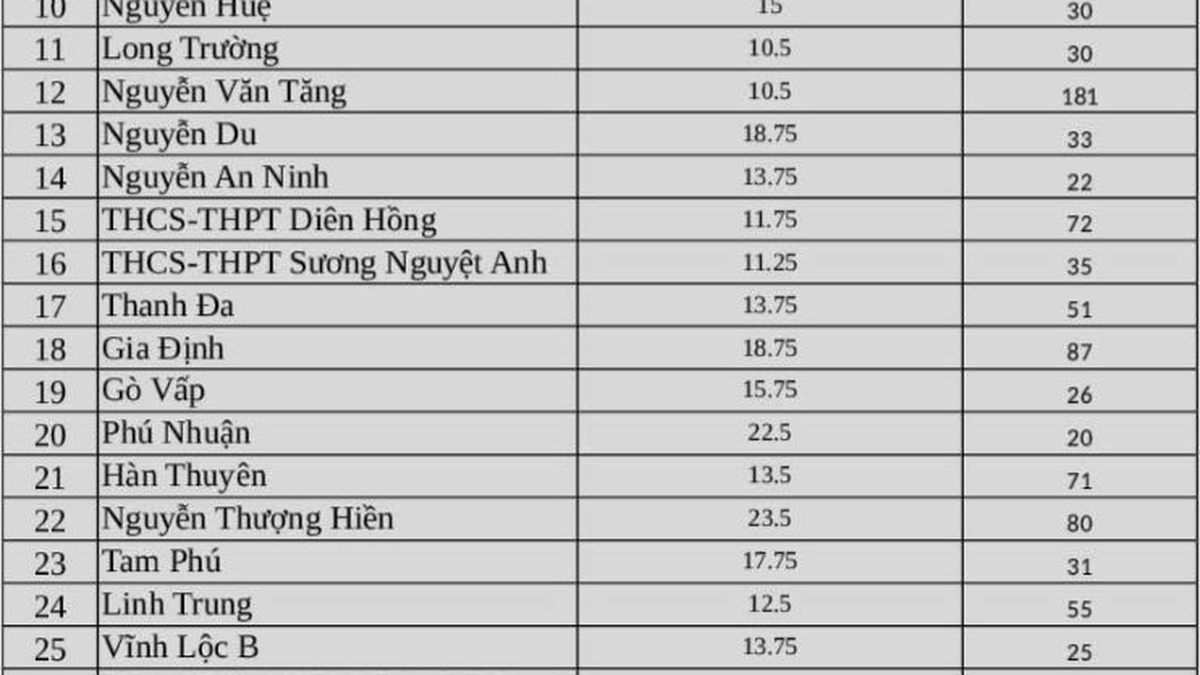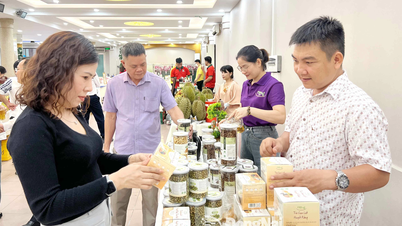
Cooking oils are considered a great source of healthy fats.
According to Master, Doctor Nguyen Thu Nguyet, Vietnam Institute of Applied Medicine, Fat is often misunderstood as the “enemy” of health, especially for the heart and weight. However, recent studies show that not all fats are harmful. On the contrary, some types of good fats play an essential role in maintaining energy, absorbing vitamins and protecting the body from inflammation.
Accordingly, there are 5 types of vegetable oils that are good for health. Among them, avocado oil is known for its high smoke point, which is very good for cooking at high temperatures, such as in fried dishes. Similar to olive oil, avocado oil has a high oleic acid content, making it a source of healthy fat.
"In one study, avocado oil intake was associated with lower levels of triglycerides and 'bad' LDL cholesterol. High levels of LDL in the blood can increase the risk of cardiovascular disease. You should use avocado oil for pan-frying, deep-frying, roasting and baking, as well as cold dishes with salad dressings and homemade mayonnaise," said Dr. Nguyet.
Sunflower oil contains unsaturated fats, which is why it is considered a healthy cooking oil. However, the unsaturated fats in sunflower oil are mainly omega-6 fatty acids, which can cause some health concerns.
On the plus side, sunflower oil is high in oleic acid and lower in omega-6 than some other cooking oils. This combination makes sunflower oil a healthy choice that can be used for frying and sautéing, or as a substitute for butter when baking.
Sesame oil is a source of antioxidants and compounds that protect cell health. It also has anti-inflammatory properties that may help reduce the risk of cardiovascular health problems, such as atherosclerosis. There is even research that suggests that sesame oil may help ease the discomfort associated with osteoarthritis.
Sesame oil has a distinctive, strong flavor, so it is used less often in cooking and baking. You can also use sesame oil when marinating foods or making dipping sauces.
Extra virgin olive oil is a heart-healthy choice, as it contains unsaturated fats and is rich in vitamin E. The main type of fat in olive oil is oleic acid, a monounsaturated fat that has been linked to a number of health benefits, including protection against insulin resistance and anti-inflammatory properties. Additionally, the vitamin E in olive oil is a powerful antioxidant and has been shown to be effective against a number of disease risk factors.
Olive oil is versatile, finding its place in hot and cold recipes as well as baking. Use it to make salad dressings, or in medium-heat stir-fries, or as a healthier alternative to butter in baked goods.
Peanut oil is rich in oleic acid, a monounsaturated fat, so it is considered a healthy cooking oil that can help control blood sugar levels and support anti-inflammatory functions. Along with that, peanut oil is also a rich source of vitamin E, providing effective antioxidant properties.
However, peanut oil also contains omega-6 fatty acids, which can cause inflammation. Consuming too much omega-6 and not enough omega-3 can have negative health effects, so it's best to limit your omega-6 intake to a moderate level.
Recommendations for choosing the right cooking oil
According to Master, Doctor Nguyen Thu Nguyet, choosing the right type of vegetable oil, with beneficial fatty acid content and suitable for the processing method, will help increase the nutritional value of the meal, supporting the body to effectively prevent many non-communicable diseases, especially cardiovascular diseases and lipid disorders.
A highlight of the current trend of fat consumption among Vietnamese people is the dominance of vegetable fats, most of which are cooking oils. In 2020, statistics from the National Nutrition Survey showed that Vietnamese people consumed 22.1 grams of vegetable fat per person per day, compared to a total fat intake of 45.5 grams per person per day.
The ratio of vegetable fat to total fat reached an average of more than 48%, above the recommended level of no less than 40%. This shows a clear shift from traditional fat sources such as animal fat to fat sources from plants.
However, with many vegetable oil production facilities exposed for producing counterfeit and substandard products, many people tend to return to using homemade animal fats (such as lard) instead of industrial vegetable oils.
Dr. Nguyet warned that returning to using homemade animal fats could increase the saturated fatty acid ratio beyond the recommendation, or if people do not have enough knowledge to choose and use fats and oils properly, the potential benefits could be reduced and create new health risks.
The health effects of cooking oils depend primarily on the type of fatty acids they provide – specifically the ratio of saturated to unsaturated fatty acids.
Therefore, if you continue to choose to use vegetable cooking oil, you must pay attention to the following important factors: Prioritize vegetable cooking oils rich in unsaturated fatty acids, limit the use of oils with high saturated fatty acid content; Choose cooking oil suitable for the purpose of use in cooking; prioritize using less refined oils that retain their biological active ingredients; store and use cooking oil properly to ensure quality;
When buying vegetable oil, consumers need to pay attention to the nutritional composition printed on the label, especially the ratio between fatty acids. Healthy cooking oils should have a high ratio of unsaturated fatty acids (over 70%), contain no trans fat (0% trans fat) and clearly state the origin of the ingredients. Some high-end products also have organic certification, HACCP or ISO certification, proving that the production process meets international standards.
Source: https://nhandan.vn/cac-loai-dau-thuc-vat-tot-cho-suc-khoe-ban-nen-biet-post890673.html































![[Photo] National Assembly Chairman attends the seminar "Building and operating an international financial center and recommendations for Vietnam"](https://vphoto.vietnam.vn/thumb/1200x675/vietnam/resource/IMAGE/2025/7/28/76393436936e457db31ec84433289f72)




































































Comment (0)